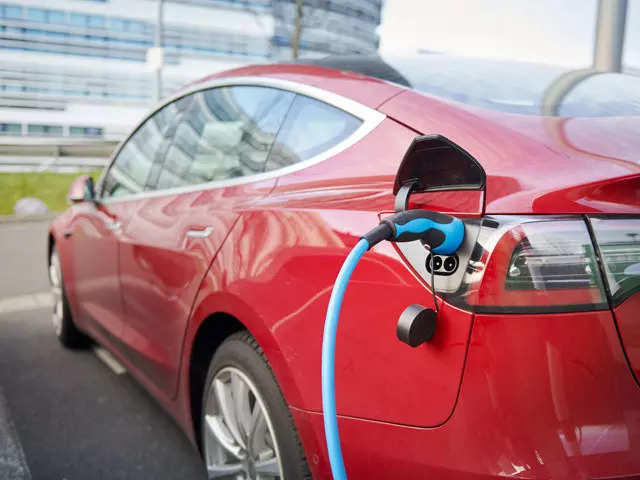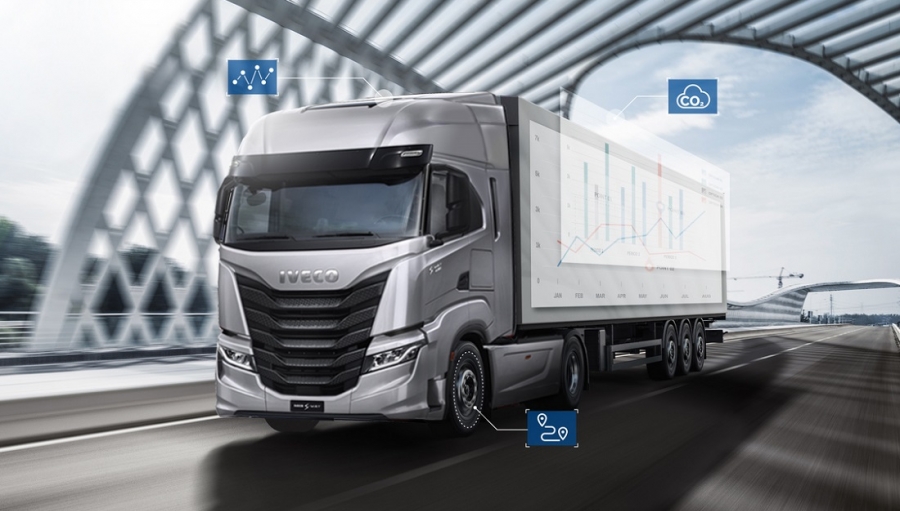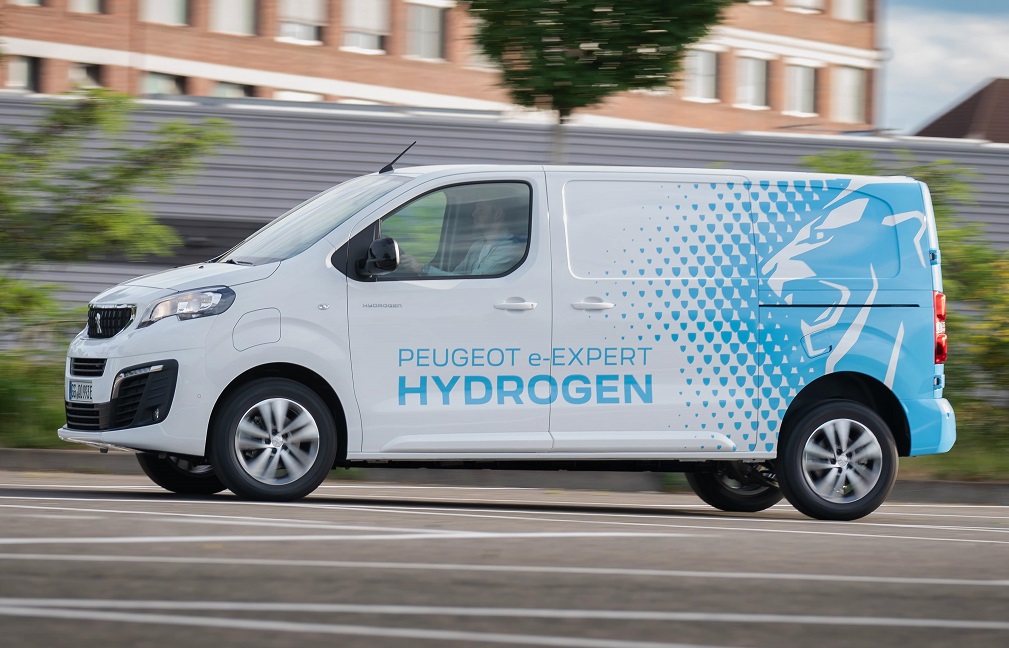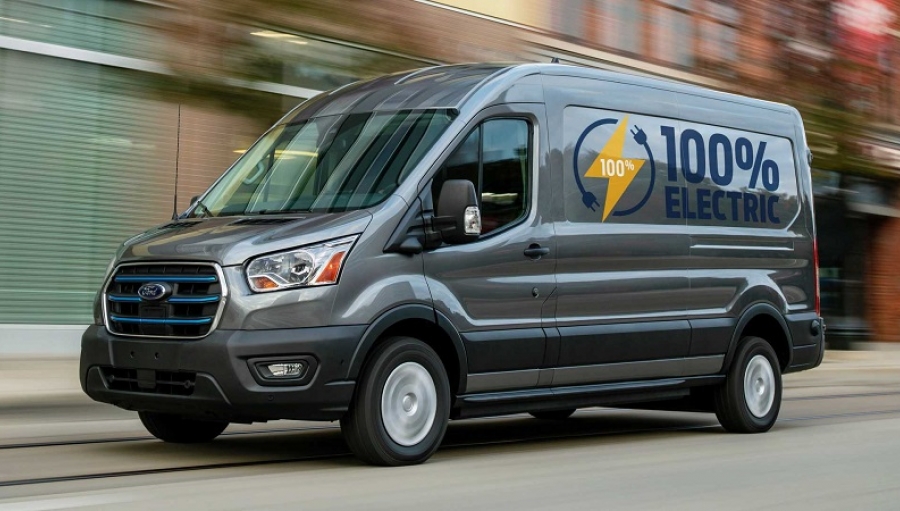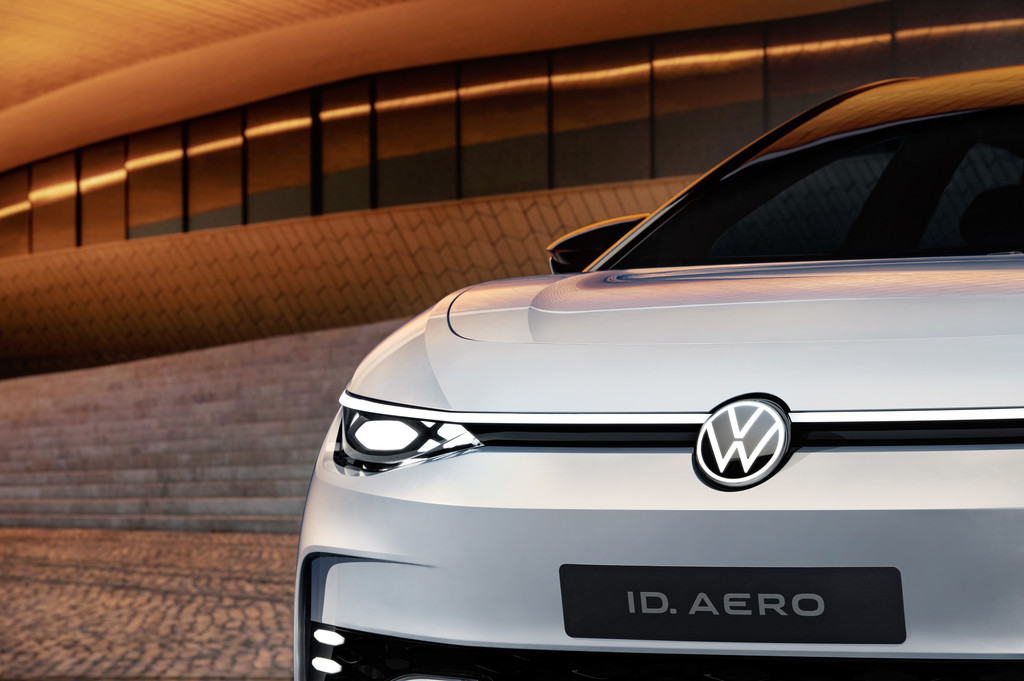European Union environment ministers, after tough negotiations, have finally agreed on policies to mitigate climate change. From 2035 only cars with zero C02 emissions will be allowed to be sold in the European Union.
Environment ministers from the 27 European Union member states have finally reached agreement on a series of actions to mitigate the climate crisis, after tough negotiations in Luxembourg.
Environment ministers approved a draft climate law previously proposed by the European Commission, after reaching a compromise to phase out sales of fossil fuel cars by 2035 with a few exceptions.
“The (European) Council also agreed to introduce a target of 100% CO2 emission reductions by 2035 for new cars and vans,” the environment ministers said in a statement.
The agreement effectively does not allow any new cars with conventional fossil-fuel engines to be sold in the European Union from 2035, with a few exceptions. But the existing cars are still allowed to operate.
This compromise has yet to be renegotiated with the European Parliament. The reason was that parliament had wanted a complete ban on the sale of fossil fuel vehicles with no exceptions from 2035. Due to German demands, ministers finally decided on some exceptions.
The European Union targets a “climate neutral” region by 2050. Therefore various measures to reduce CO2 emissions must be implemented as soon as possible. Climate and environment ministers gathered in Luxembourg approved five laws proposed last year by the European Commission.
“The climate crisis and its consequences are so clear that this policy is unavoidable,” said the EU’s head of climate policy, Frans Timmermans.
The EU ministers’ agreement came after Germany’s coalition government backed a policy to stop selling fossil fuel cars, but with a few exceptions, “CO2-neutral” fossil fuel cars were still allowed. Especially the FDP party which is currently a member of the German governing coalition, rejecting the ban in its entirety.
“This sends a clear signal that we must achieve our climate targets. It also provides the planning security needed by the auto industry,” said Germany’s Environment Minister Stefi Lemke of the Greens.
Another aspect of the agreement is the creation of a 59 billion euro Climate Social Fund to support low-income citizens from rising energy costs caused by carbon emission reduction policies.
All EU member states can submit proposals to the European Commission for assistance from the Climate Social Fund, for example for social benefits or subsidies for energy-efficient housing and zero-emission transport.
“The transition to renewable energy (in the long term) will lower energy costs, but a lot of people will need support to achieve it,” said Frans Timmermans.
Lithuania, Latvia and Poland had previously demanded a larger fund while Finland, Denmark and the Netherlands had called for it to be reduced.

